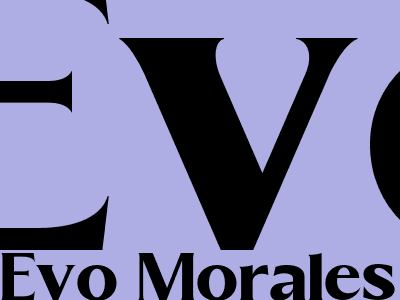
Evo Morales
Evo Morales: The Former President of Bolivia
Early Life and Political Career
Evo Morales was born on October 26, 1959, in Isallavi, Bolivia. He is an Aymara indigenous leader who became the first indigenous president of Bolivia in 2006. Morales was a coca farmer and union leader before entering politics. He was elected to the Bolivian Chamber of Deputies in 1997 and served as the leader of the Movement for Socialism (MAS) from 1998 to 2018.
Presidency
Morales was elected president of Bolivia in 2005, taking office on January 22, 2006. During his presidency, Morales implemented a number of policies aimed at reducing poverty and inequality in Bolivia. These policies included nationalizing the country's natural gas industry, increasing social spending, and implementing land reform. Morales also promoted the rights of indigenous peoples and played a key role in Bolivia's adoption of a new constitution in 2009.
Controversies
Morales' presidency was not without controversy. He was accused of authoritarianism, corruption, and human rights abuses. In 2016, a referendum on whether Morales should be allowed to run for a fourth term in office was narrowly defeated. However, Morales ran for re-election in 2019 despite the referendum results, claiming that he was exempt from term limits due to a technicality.
Resignation and Exile
Following the 2019 election, Morales was declared the winner amidst allegations of fraud. This led to widespread protests and unrest. Morales resigned from the presidency on November 10, 2019, and fled to Mexico. He was granted asylum in Argentina in December 2019.
Legacy
Evo Morales' legacy is complex and contested. He is credited with reducing poverty and inequality in Bolivia and promoting the rights of indigenous peoples. However, he is also accused of authoritarianism and corruption. Morales remains a polarizing figure in Bolivian politics.
Komentar